A new breed of sustainability analysts is increasingly driving institutional investor decision-making. Find out more.
As a company director or senior executive you keep an eye on your company’s credit rating and – if you’re a listed entity – your investor relations team will track what market analysts are writing about your stock. But have you checked your ESG Rating lately?
Environmental Social Governance (ESG) is the umbrella under which a growing number of specialist analysts and index providers are tracking aspects of company performance other than its financial results.
In recent years buy side analysts such as Sustainalytics have emerged providing reports or rankings about companies’ ESG performance to fund managers and other major investors. New indices and tools have been developed by the likes of MSCI to help investors understand and manage the ESG risks inherent in their portfolios. And not for profits like the global Carbon Disclosure Project have been directly collecting environmental data from companies and cities to inform the investment community.
The growing influence of such data was highlighted late 2014 when the Australian National University’s endowment fund controversially announced it was dumping a number of fossil-fuel exposed stocks on the basis of analysis from Canberra-based CAER. It is not alone, with a global divestment movement spearheaded by environmental groups and aided by organisations such as the Asset Owners Disclosure Project convincing a growing number of institutional and individual investors to sell down their holdings in the fossil fuel industry and take business away from banks that continue to fund it.
Company directors and executives should ensure they understand what is being said about their organisations by the various ESG analysts and that the information being presented to investors is accurate, rather than simply scraped from public domain sources as is often the case. Otherwise they may unwittingly lose shareholder value if investors make divestment decisions on the basis of incomplete or misrepresentative data.
Talk to Adaptive Capability today about safeguarding your business’ future.





